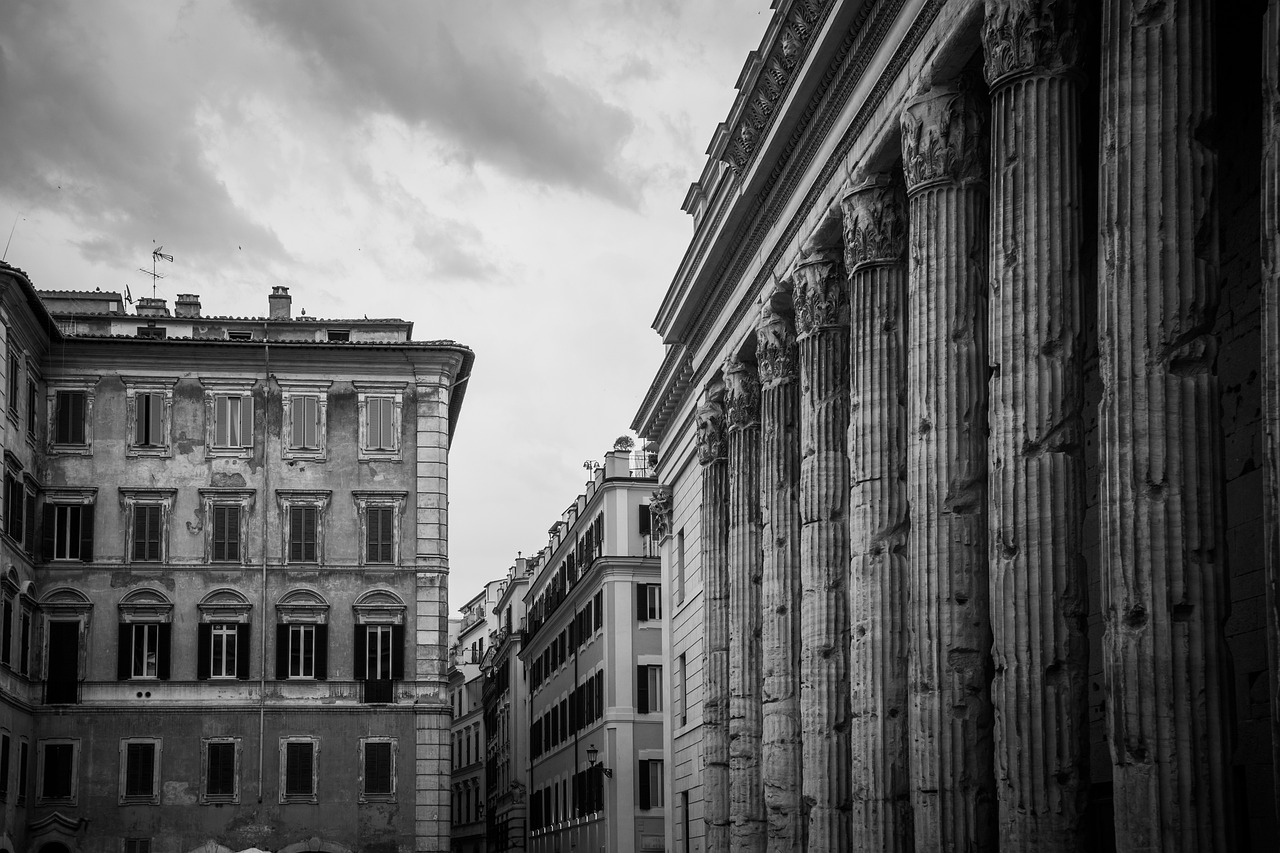Heracles, one of the most renowned figures in Greco-Roman mythology, is known for his incredible feats and strength. He was the offspring of Zeus and Alcmene, who was a descendant of Perseus. According to legend, Zeus declared that the next male hailed from the lineage of Perseus would rule Greece. However, due to the machinations of Hera, Zeus’s envious wife, another child, the frail Eurystheus, arrived first and ascended to the throne. Consequently, Heracles was compelled to serve Eurystheus and endure Hera’s relentless wrath. His journey began with a dramatic encounter in infancy, where he vanquished two serpents that Hera had dispatched to eliminate him.
In his adventures, Heracles famously waged a successful war against Orchomenus in Boeotia and wed Megara, the daughter of Thebes’ king, Creon. Tragedy struck when, overcome by madness incited by Hera, he killed Megara and their children, which led him to become subject to Eurystheus once more. It was Eurystheus who tasked Heracles with the legendary Twelve Labors, outlined as follows: (1) slaying the invulnerable Nemean lion, whose skin he thereafter wore; (2) defeating the multiple-headed Hydra of Lerna; (3) capturing the elusive hind of Arcadia; (4) capturing the fearsome wild boar from Mount Erymanthus; (5) cleansing the stables of King Augeas in a single day; (6) ridding the Stymphalian marshes of monstrous birds; (7) capturing the formidable bull of Crete; (8) defeating the man-eating mares of King Diomedes; (9) obtaining the girdle of Hippolyte, queen of the Amazons; (10) seizing the cattle from the three-bodied giant Geryon; (11) procuring golden apples from the Hesperides; and (12) capturing Cerberus, the three-headed guardian of the underworld.
Upon completing these arduous tasks, Heracles continued to seek new challenges, which included leading military expeditions. He famously battled the river god Achelous for the hand of Deianeira. In a tragic turn, while escorting Deianeira home, the Centaur Nessus attacked her, but Heracles intervened, fatally wounding him with a poisoned arrow. As the Centaur lay dying, he deceitfully advised Deianeira to keep his blood, claiming it would ensure Heracles’s undying love for her if he wore it. In what proved to be a calamitous decision, Deianeira later sent Heracles a robe stained with Nessus’s blood. Unbeknownst to her, it was a potent toxin that led to Heracles’s demise. After his death, his remains were officially placed on a pyre on Mount Oeta, where his mortal form was consumed, allowing his divine essence to ascend to the heavens. There, he reconciled with Hera and took Hebe as his wife.
Artistic and literary depictions often portray Heracles as a powerful yet moderate figure, characterized by his immense strength and a hearty appetite. Though generally kind, he occasionally exhibited violent temperaments, wielding his bow and club skillfully. In Italy, he was revered not only as a deity of strength but also as a protector of merchants and traders, with many seeking his favor for good fortune and safety in perilous times.



